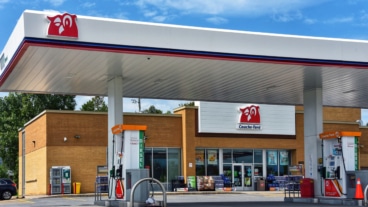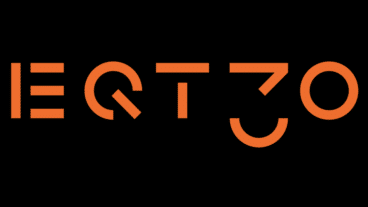Booking receives commission from hotels, apartments, airlines, and car rental companies on each booking made through its platform, averaging 15% of the total booking price. It is challenging for hotels to fill their rooms as evident by historical occupancy rates of 60-70%. When one operates a high fixed-costs business, you take every additional volume you can get, even if that means paying a 15% commission. Booking’s main customers are smaller hotels that don’t have the brand awareness of a Hilton or Marriot and therefore depend more on Booking to attract guests.
Despite its already massive scale, we see a long runway for future growth. As of 2019, Booking held only a 10% market share of the global accommodation market, with 50% of bookings still made offline. Booking also benefits from its struggling competitor, Expedia, who is losing market share due to management changes and an IT migration. Another competitor is Airbnb, who focuses on alternative accommodation, mainly individuals that rent out their homes or rooms. While Airbnb performs well, people often overlook that Booking has built a strong alternative accommodation business themselves. This segment accounts for 30% of all their bookings, which is close to matching Airbnb’s total bookings.
Booking also competes with smaller OTAs, which face structural disadvantages. Most industry traffic comes through Google, where ad placement depends on site relevancy and quality. Competitors with lower click-through and conversion rates pay more and are listed lower on the page. Hence, Booking is not only better at attracting traffic; they can do it cheaper as well. In short, Booking has an enviable position in a growing market where they are bound to continue to grow their market share.
Valuation
Since Booking receives commission on the gross bookings, growth is driven by both the number of room nights booked and the corresponding price for the room. Over the past decade, the company grew the number of nights booked by 15% per year and the price per room by 2%. This even includes the Covid-affected years of 2020 to 2022. Long-term, management believes they can grow the number of room nights booked at more than 10% per year with earnings growing even faster. We believe this to be credible targets as travel spending historically grew at twice the GDP rate and there is still plenty of room for Booking to gain market share from both offline channel and competitors.
Booking uses nearly all free cash flow for share repurchases, historically reducing the share count by 5% per year. This boosts the +10% earnings growth into +15% earnings per share growth. At 20x next twelve months earnings, we believe this to be an attractive multiple for such a dominant business. We also like to see that the company has very low debt levels.
Risks
Travel spending is not immune to recessions, neither is Booking. During the great financial crisis, Booking was still in its high-growth phase and continued to grow at 25-30% through the crisis. We don’t believe this is representative for the company today as it is now in a more mature phase. Large hotel chains saw their revenue decline by an average of 15%. We believe Booking should fare better as hotels increase their usage of OTAs during a crisis to boost falling occupancy rates. Additionally, Booking’s largely variable cost base limits the impact of falling revenues on earnings. Marketing accounts for 50% of total expenses. Booking pays Google on a per-click basis for advertising. When revenue declined by 55% in 2020 revenue, marketing expense dropped by 56%.
Another risk is Google. To be clear, Google is not an OTA and we don’t see them becoming one. This would not only require a move away from their business model, it would see them losing their high-margin ad revenue from their main customers. The bigger risk in our view is that Google grabs a larger piece of the pie by inflating its marketing prices. The majority of Booking’s marketing expenses are performance-based advertising. Marketing as a percentage of revenue increased form 28% in 2013 to 34% in 2018. Booking pushes back by launching a loyalty program and offer mobile-only discounts to attract travellers directly to their mobile app or website. Today more than 50% of the traffic comes direct. Marketing as a percentage of revenue dropped to 32% with the expectation that it will fall further.
Management
Glenn Fogel has been the CEO since 2017. He joined the holding in 2000 and was instrumental in acquiring Booking.com in 2005. Fogel owns over $70m worth in shares directly and over $150m indirectly through compensation-related options. Despite concerns about his compensation package during the pandemic, his significant ownership in Booking shares and over a decade of shareholder-friendly capital allocation provide confidence that management acts in shareholders’ interests. The company recently appointed Ewout Steenbergen as CFO, who previously worked at S&P Global, another name from the Laaken portfolios.
ESG
Booking has limited direct environmental exposure in its core business. The company strives to be carbon neutral and operates on 100% renewable electricity. Indirectly, the travel industry is a significant source of carbon emissions. To address this, Booking launched the “Travel Sustainable” badge to identify properties following sustainable practices, with over 400,000 property listings now carrying this badge.







